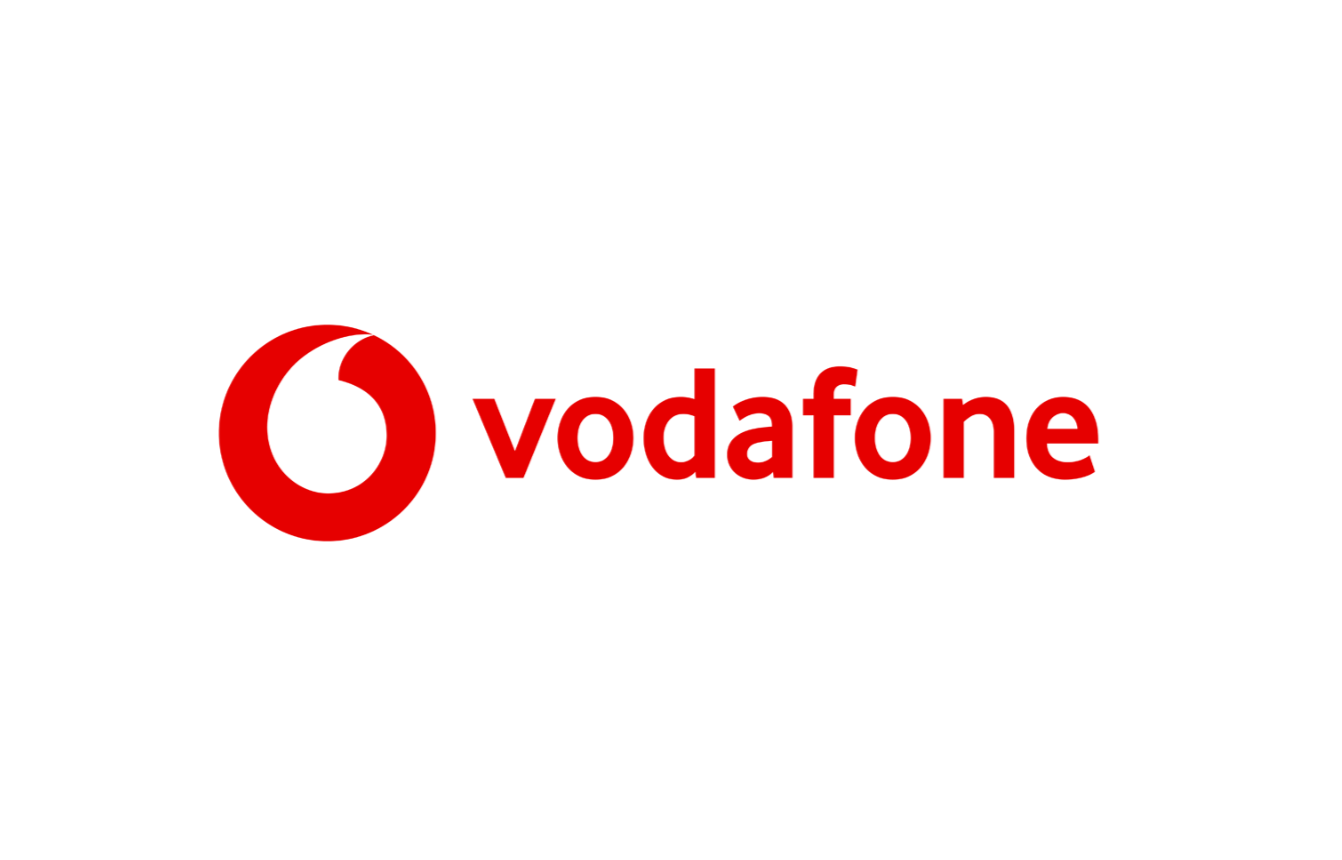
Vodafone Faces More Uncertainty Amid Dividend Cut Rumors
In October 2018, we reviewed Vodafone's (VOD) dividend safety and made the following remarks (see our full note here):
Vodafone's "Borderline Safe" Dividend Safety Score is hanging by a thread. With the dividend consuming the bulk of Vodafone's free cash flow, plus rising leverage from the Liberty Global deal, the capital-intensive nature of its businesses, and very competitive telecom markets in Europe, there is little room for error.
As conservative income investors, we prefer to stick with financially stronger businesses that score closer to 60 or higher for Dividend Safety. Regardless, Vodafone shareholders should make sure they are comfortable with these risks, as well as the size of their position and their overall portfolio diversification.
The next year could be volatile for Vodafone as investors learn more about the company's health and ability to remain committed to its dividend.
Management has long remained committed to the dividend, but the market has not given the company credit for its hefty payout. Vodafone's dividend yield sits near 10% today.

The article cited Vodafone's need to invest in 5G infrastructure across Europe while also addressing its substantial debt pile. Neither of these issues are new risks.
Fundamentally, not much appears to have changed with the company following our October 2018 note, making it hard to weigh in on this rumor. On January 25, 2019, Vodafone reported earnings. Management said:
"Given our progress, we are confident we will deliver our full year guidance objectives of around 3% underlying EBITDA growth and free cash flow of around €5.4 billion...I'm confident that we will deleverage over time within our 2.5 to 3 times range, supported mainly by the group potential to grow EBITDA as well as the opportunity to dispose of non-core asset.
And last but not least, cash flow. Let me explain why our free cash flow ambition supports our dividend. We remain on track for our LTIP midpoint objective of €17 billion of cumulative free cash flow before spectrum by FY 2021. Compared to the starting point of €5.4 billion this year, this clearly implies higher free cash flow generation for the coming years...
In the context of this free cash flow ambition, I view our dividend as affordable at current levels. And once we deleverage back towards the lower end of the range, the board will consider returning to dividend per share growth."
Two months later, on March 19, 2019, Vodafone CEO Nick Read spoke at an investor webcast meeting. He was grilled on the company's dividend policy and continued standing his ground:
"I tried to stress this in our November presentation, and I think that's what I would go back to. We did a full strategy refresh as I came into the role. When we did that strategy refresh clearly we considered a lot of different aspects of the business.
When you think about the dividend...it's not an input, it's an output, and it's an output after going through a number of considerations. And I think the first consideration you need to make sure is are you investing enough to remain competitive enough in the marketplace...and we feel with mid-teens capital intensity along with the fact that we are going to do network sharing going forward, which obviously gives us a lot more efficiency in terms of capital expenditures and operating expenses...we think we are appropriately investing in the business.
Secondly, you look at what credit rating is important for you to maintain, and we have said BBB is our minimum. The range we are targeting from a leverage perspective is 2.5 to 3 times. That is important to us because we need access to markets at favorable rates.
And then finally, the third consideration, you need to say to yourself, do you have headroom to pay the dividend. Clearly it's tied to free cash flow generation today. And I'm talking about a measure of free cash flow after, if you like, long-term average spectrum, so we have to sort of average out spectrum. After that, are you creating headroom?
As you know, with our long-term incentive plan we are targeting over the next three years free cash flow before spectrum of €17 billion. And we've gone through the math of why that creates headroom over time, and that's before we talk about the Liberty Global acquisition which is accretive from a free cash flow perspective. So from our perspective we went through those three criteria to come out with the dividend policy that we did in November."
Of course, talk is cheap, and the firm's dividend profile has looked potentially suspect for a long time (Vodafone's Dividend Safety Score has remained at 41, our lowest "Borderline Safe" rating, since 2017).
Some investors believe Vodafone will move away from its plan to sell non-core assets and will instead cut its dividend to free up more cash for 5G investments and deleveraging.
After all, The Sunday Times cited a survey conducted by JP Morgan which found that 61% of investors were in favor of Vodafone cutting its dividend, according to Sharecast.
It's possible management has spoken with enough major shareholders and been convinced to shift their capital allocation plans.
Or perhaps fundamentals have deteriorated further given the competitive markets Vodafone operates in, and the firm's expected free cash flow generation will no longer be high enough to support its dividend and capital spending needs.
Simply put, these are difficult situations to evaluate, and rumors don't help. Management could maintain the dividend tomorrow as they've suggested, but a case can also be made to reduce the payout. The decision involves a good deal of discretion given the information we have today.
With that said, a dividend cut would be a black eye for management given their recent promises and the potential for their "long-term" plans to change less than a year after they were conceived.
However, it's hard to say how the market might respond to a shift in Vodafone's capital allocation plans. A lot of bad news is already getting priced in, but your guess is as good as mine. Existing Vodafone shareholders need to make sure they are comfortable with these risks and their position sizes, as well as any new plans management might reveal tomorrow.
At the end of the day, companies with Dividend Safety Scores near 40 or lower have more speculative income profiles, and Vodafone is no exception. As a conservative investor seeking to preserve capital and generate safe dividends, my personal preference is to invest primarily in companies with scores near 60 or higher (our Safe and Very Safe categories).
Regardless of what Vodafone does tomorrow, the company still operates in a ruthless industry. Until management demonstrates traction with their turnaround plan, the firm seems likely to struggle growing its business in the long term. While high yield stocks can look appealing, many of them need to be approached with a good deal of caution.



